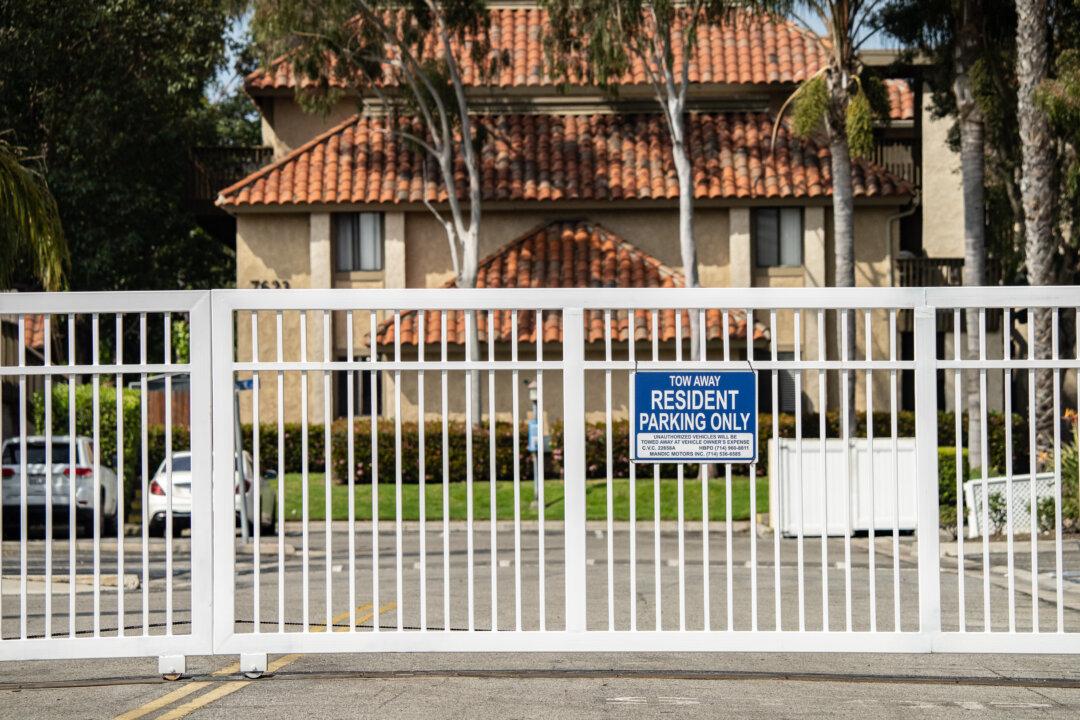Officials of the island city of Coronado in San Diego County recently settled a lawsuit with the California attorney general and its housing department and agreed to follow the state’s recommendations, after two years of resistance to a state-mandated housing plan.
California cities are required to zone for new housing—in an effort to create more affordable housing. Cities that fail to comply can face financial penalties or lose local control over their ability to deny housing projects that go against local zoning regulations.





